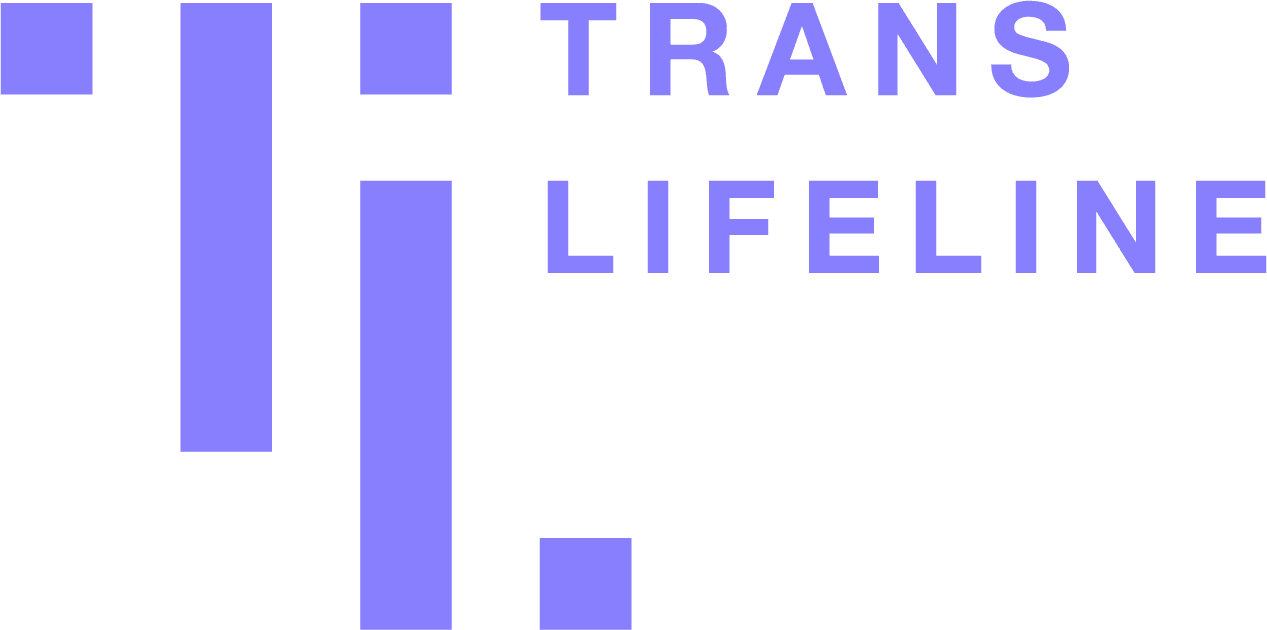Legal Transition
Refers to one or several processes related to changing one’s name and gender marker on government-issued documents, such as driver’s licenses, birth certificates, and passports. Part of Larry’s legal transition involved applying for a court-ordered name change. The name on his driver’s license now accurately reflects his identity.

